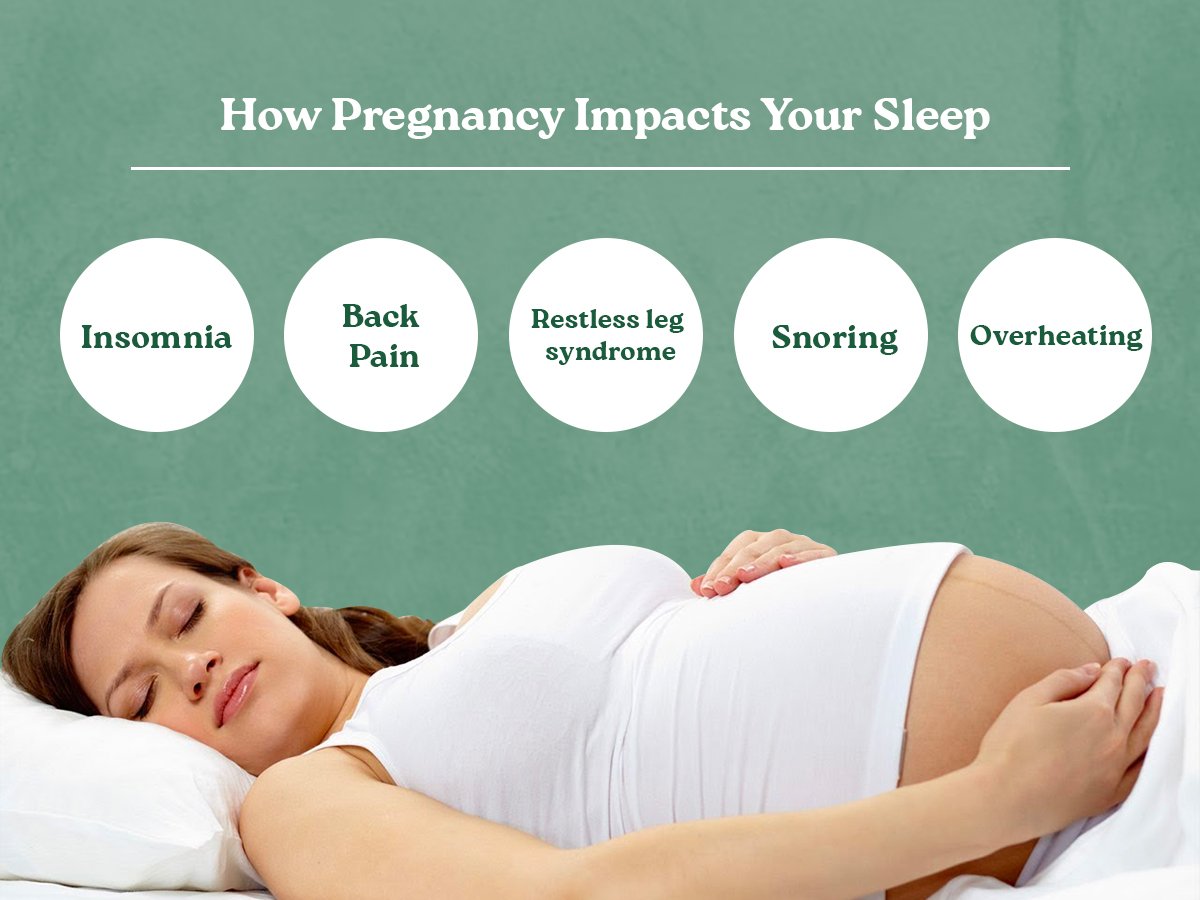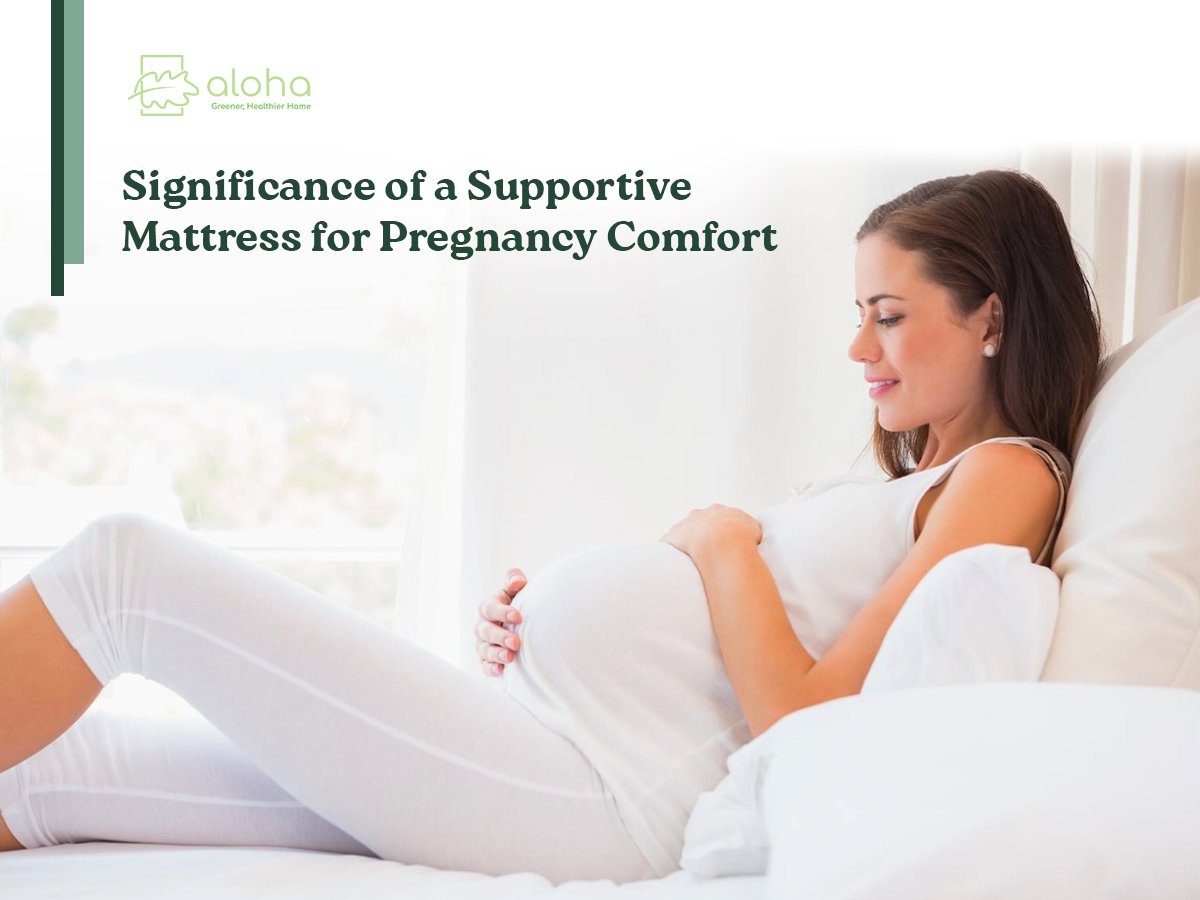Pregnancy is an incredible and transformative experience characterized by moments of happiness, excitement, and numerous physical and emotional transformations. As your body undergoes hormonal shifts and physical transformations, it’s important to recognize the impact these changes can have on your sleep. A good night’s rest becomes even more crucial during this time, not only for your own well-being but also for the optimal development of your unborn child. That’s why finding the best mattress for pregnancy becomes a priority in creating a perfect sleeping environment that supports your changing needs.
The symptoms and discomforts of pregnancy can make it challenging to achieve restful sleep. From morning sickness and backaches to frequent bathroom trips and restless leg syndrome, the obstacles to a peaceful sleep may seem endless. Amidst all these challenges, having an unsupportive mattress only exacerbates the challenge.
Fortunately, there are steps you can take to enhance your sleep quality during pregnancy. Prioritizing your health and fitness through regular exercise and maintaining a balanced diet can also positively influence your sleep patterns. But it is equally important is create a restful sleep environment. This includes choosing the best mattress for pregnancy, which offers adequate support for your changing body.
Before diving into details about choosing the best mattress for pregnancy, let’s look at common sleep issues that many expectant mothers face
How pregnancy impacts your sleep:

Insomnia: Many pregnant women experience difficulty falling asleep or staying asleep due to hormonal changes, discomfort, and anxiety.
Back pain: The extra weight and shift in center of gravity during pregnancy can put added strain on the back, leading to back pain that can make it challenging to find a comfortable sleeping position.
Restless leg syndrome: Pregnant women may experience an irresistible urge to move their legs, making it difficult to achieve restful sleep.
Snoring: Hormonal changes and increased pressure on the airways can worsen sleep apnea and snoring during pregnancy.
Overheating: The hormonal changes in pregnancy can raise body temperature, causing discomfort and difficulty in maintaining a comfortable sleep environment.
After looking briefly at how pregnancy impacts your sleep, let’s move further to the next part which gives you information on which is the best mattress for pregnancy and how it can aid your sleep.
Which is the best mattress for pregnancy?
When it comes to finding the best mattress for pregnancy, it’s essential to consider both comfort and support, especially as your body undergoes significant changes during this time. However, it’s also important to choose a mattress that offers long-term benefits beyond pregnancy and prioritizes the safety of both the mother and the child. That’s where an organic latex mattress stands out as the ideal option.
How organic latex mattresses can aid your sleep
Safety: Organic latex mattresses are made from 100% organic materials and are free from harmful chemicals and toxins, ensuring a safe sleeping environment for both the mother and the developing baby.
Comfort and support: These mattresses are designed to provide exceptional comfort and support. The organic latex material is considered the best mattress for pregnancy because it conforms to the body’s contours, alleviating pressure points and reducing pain, allowing pregnant women to get the restful sleep they need.
Durability: Organic latex mattresses are highly durable and can last for two decades, making them a wise investment. They retain their shape and supportive qualities over time, ensuring continued comfort and support even after pregnancy.
Responsiveness: Latex mattresses are highly responsive to body movements, providing continuous support as you move during the night. This feature helps soothe joints and muscles, offering pressure relief after a long day and making it the best mattress for pregnancy.
Hypoallergenic: Organic latex mattresses are naturally hypoallergenic, protecting against allergens such as dust. This ensures a cleaner and healthier sleeping environment, promoting better sleep during pregnancy.
Before we wrap up, let’s look into the sleeping tips during pregnancy:
Apart from picking the best mattress for pregnancy, it’s critical to establish a calm atmosphere and include items like organic latex pillows, blankets, and more to foster comfort.
The health of the mother and the unborn child depend on enough hydration and a balanced diet, and sleep disturbances can be avoided by regulating caffeine and sugar intake. Before bed, light stretching can ease cramps and restlessness, and having a nighttime routine encourages the body to relax. These habits support a restful sleep experience when used in conjunction with the best mattress for pregnancy.
